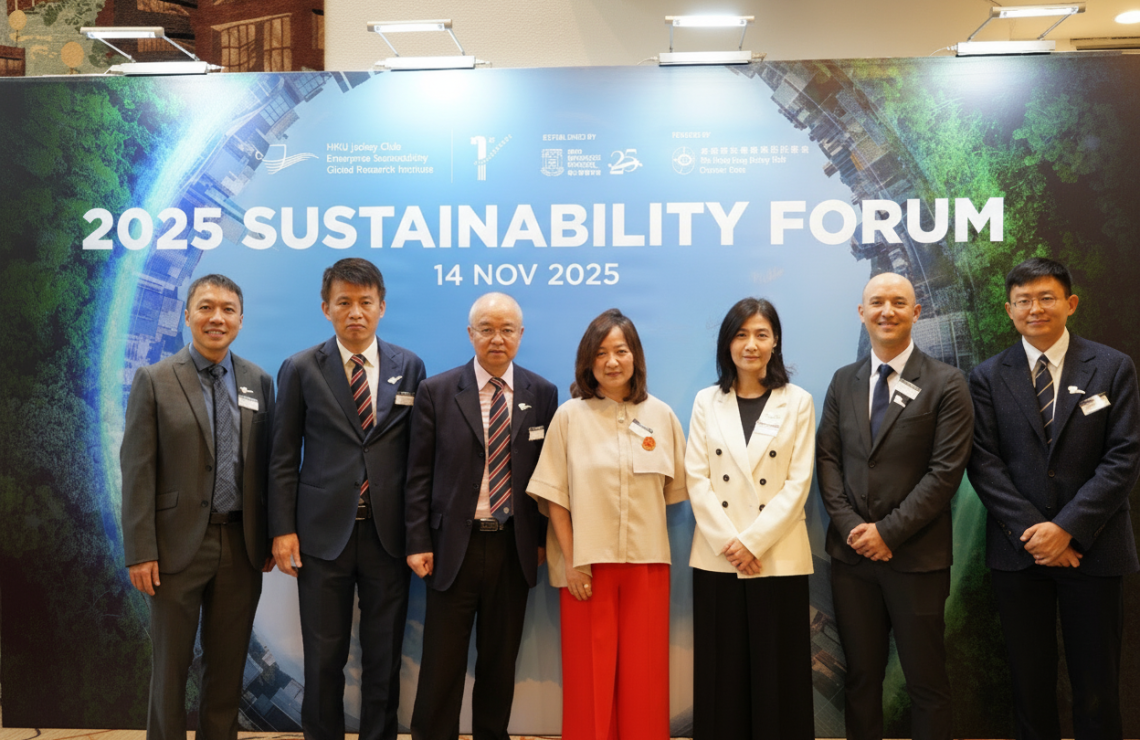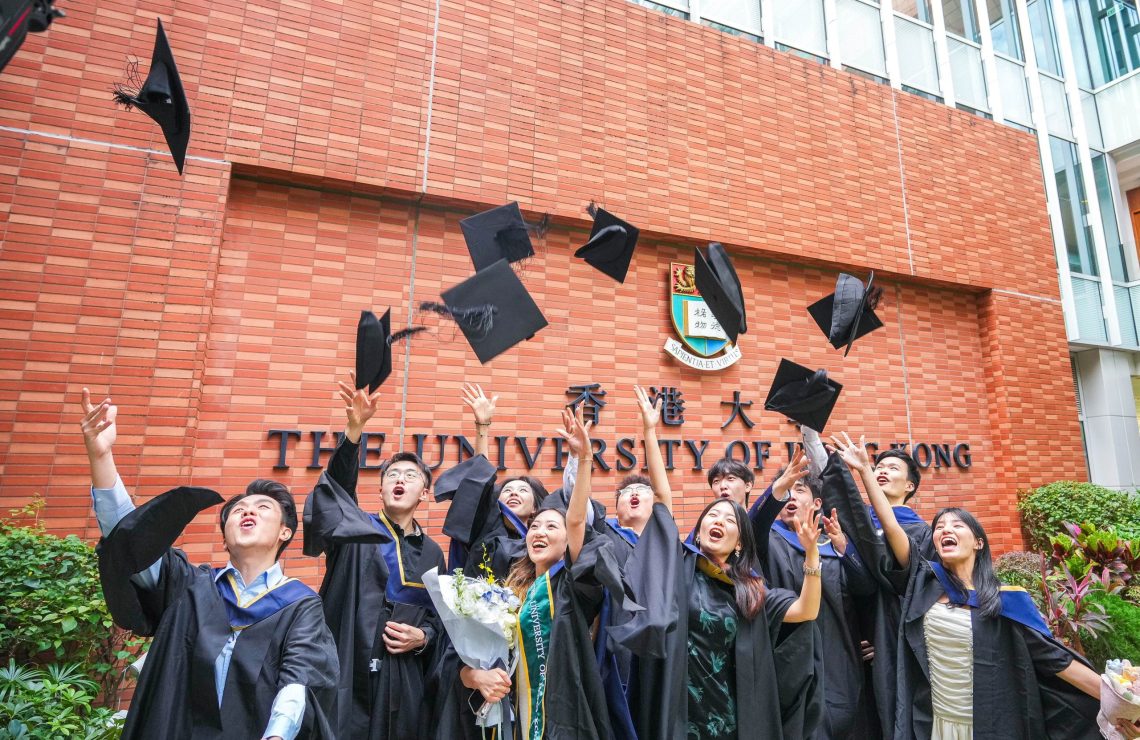
HKU Business School examines the effectiveness and implications of the talent recruitment programmes
Many countries around the world are introducing various initiatives to compete for talent, especially top scientists, engineers and entrepreneurs. Governments increasingly believe that access to global talent is key to growing local human capital and developing a knowledge-based economy.
Science, an internationally renowned academic journal on scientific research, has recently published a research paper co-authored by Dr Yanbo Wang from HKU Business School and Dr Dongbo Shi from Shanghai Jiao Tong University, titled ‘Has China’s Young Thousand Talents program been successful in recruiting and nurturing top-caliber scientists’, examining the effectiveness of China’s Young Thousand Talents (YTT) programme in recruiting, retaining and nurturing top scientists.
Dr Yanbo Wang, Associate Professor in Management and Strategy of HKU Business School, said, ‘There were few studies that have systematically examined the Thousand Talents Program (TTP). This paper focuses on the junior branch of China’s TTP and examines the effectiveness of the YTT programme in recruiting and nurturing top scientists, aiming to shed some light on policy tools that may help groom future scientists.’
Methods
Two sets of analyses have been carried out. In the first set, the paper examines the educational credential and research productivity of YTT recruits (prior to the return); In the second set, the paper examines the change in research productivity of YTT recruits in comparison to their overseas peers who could have been qualified to join the YTT programme but did not.
Main Findings
1. Extremely attractive to young expatriate scientists who had the potential but lacked financial resources to pursue independent research
The paper finds that YTT recruits were generally of top-caliber, with more than half of them coming from global top-100 PhD programmes. As a group, these returnees would have been ranked around the top 15th percentile among early-stage, research-active, and US-based scientists. However, the paper also finds that the top-caliber scientists, say, those ranked among the top 10th percentile, were less likely to join the YTT programme, even if they received the offers. Also, the absolute majority of the YTT recruits were post-docs or research fellows rather than tenure-track faculty members at the time of YTT offers. The YTT programme was extremely attractive to young expatriate scientists who had the potential but did not have the financial resources to carry out an independent research agenda overseas.
2. YTT recruits recorded a noticeably higher post-return productivity compared with their overseas peers
The paper finds that YTT recruits were associated with a high increase in post-return productivity in comparison to their overseas peers, i.e. individuals who went to the same PhD institution, in the same field, graduated during the same period, had very similar early-career track records in publications and citations. The knowledge productivity gain was particularly large in the last-authored publications and can be mainly explained by the YTT scientists’ access to greater funding and larger research teams in China (in comparison to those staying overseas), especially in the fields such as biology and chemistry which require large physical assets, financial capital, and human power.
Policy Implications
1. Talent recruitment programme can attract high-caliber foreign scientists to return
The empirical results show not only the strength and attractiveness of China’s YTT programme, but also the mandate for countries such as the U.S. and EU to reform their science funding schemes. Over the past three decades, it has become increasingly difficult for early-career scientists to access research funding in these places. As a result, many capable and ambitious young researchers are structurally disadvantaged – they have to work in other and more established individuals’ laboratories rather than being able to set up their own laboratories to pursue their independent research agenda. This creates opportunities for countries and regions such as Mainland China, Hong Kong, India, and Singapore to set up policy programmes to recruit high-potential early career scientists to join their research institutions.
2. Universities in China will become more attractive for students to pursue scientific research career
If China continues to invest in higher education and academic talent, universities in China will become a more attractive choice for Chinese and international students who intend to pursue scientific research careers—students who would otherwise study in the U.S. or EU. In the long run, this may disrupt the current model of university science in the U.S., particularly in certain academic fields such as biology and chemistry where research laboratories heavily rely on under-paid (foreign) post-docs to retain their high productivity.







